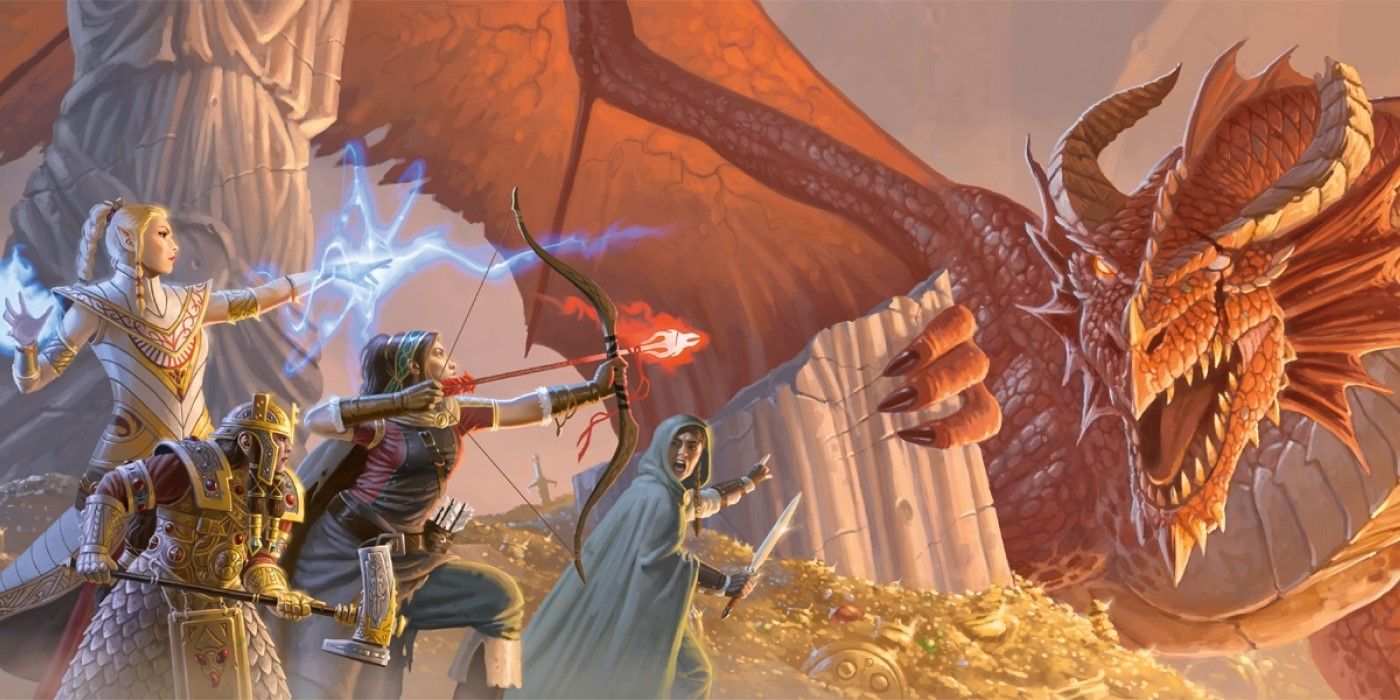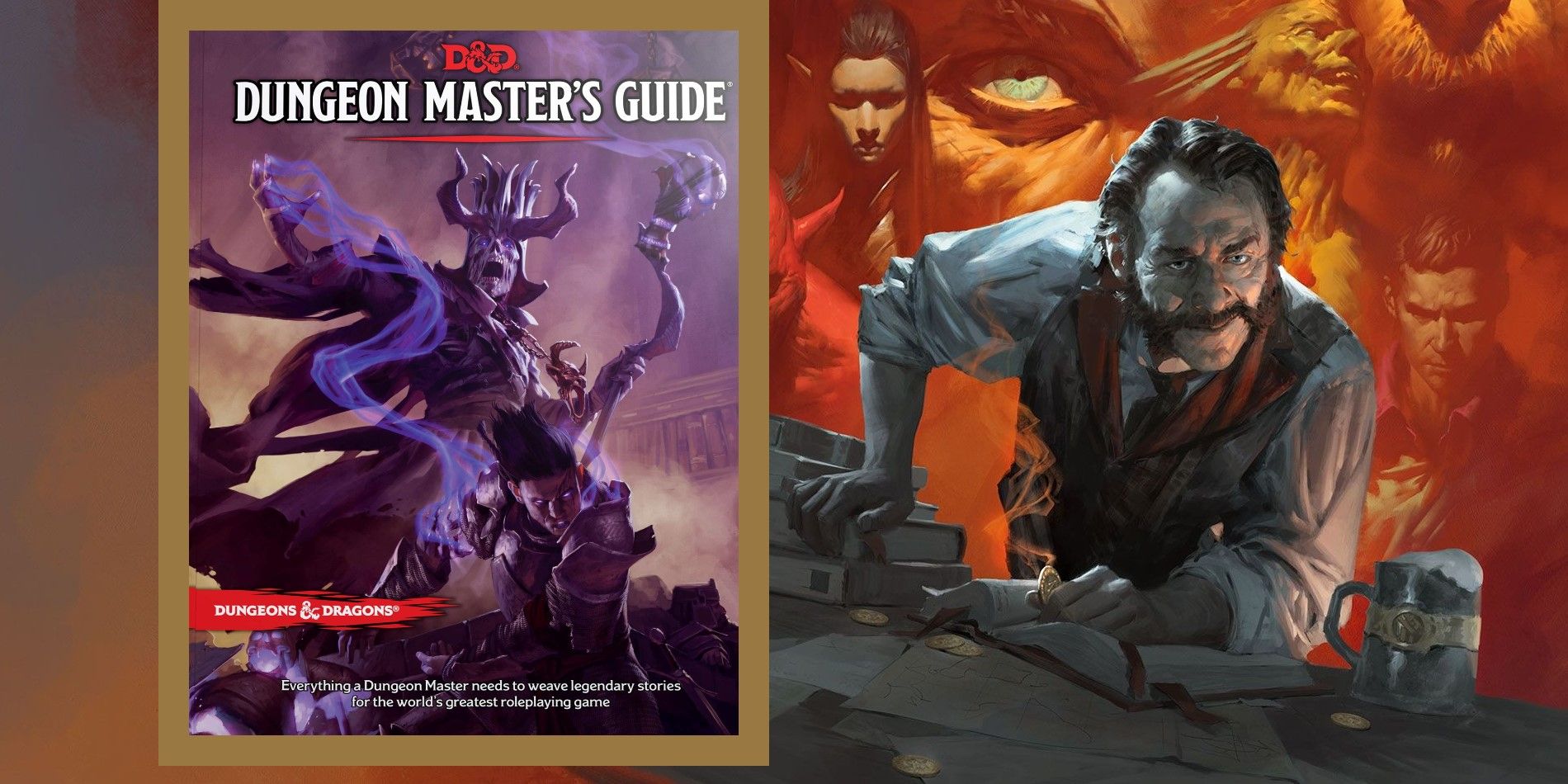With the prospective release of the sixth edition of Dungeons & Dragons, talks have begun to circulate on what possible changes will and should be made. As with every transition to a new edition, rules and mechanics differ, most of the time for the best. 5e greatly simplified D&D and made it more accessible to newcomers, but nearly eight years after its release, players have begun to root out some of the widely disagreeable rules.
While Wizards of the Coast has not confirmed anything official on 6e, it seems as if an eventual release is imminent. With the recent resurgence in D&D’s popularity, the game has become too profitable to not release a new edition. The most likely situation is that publishers will continue to let 5e circulate for a decade, meaning the earliest players could expect to see a new edition is probably sometime around 2024.
Exhaustion is one of the easier rules to avoid in D&D, and thus a new edition could stand to benefit from the elimination of it entirely. The first three levels of exhaustion are a range of mild inconveniences, that quickly turn into a death spiral with little to no chance of recovery. Exhaustion is difficult to recover from, and there are better ways for DMs to insist that their party take a rest. Even if exhaustion isn’t cut from 6e, it could use a rework on mechanics.
D&D 5e Rules That Don't Make Much Sense To Include In 6e
Combat in Dungeons & Dragons is difficult enough as it is, and throwing in and having to keep track of cover exacerbates that. When under half cover, targets gain a +2 to their armor class, a +5 when in three-quarters cover, and are unable to be hit when in total cover - similar to the hide mechanic. It suddenly introduces modifiers when effects are typically treated with advantage and disadvantage. Again, even if it is not eliminated entirely, a rework is needed.
The threat of a character’s death ideally should be a point for concern at tables, but the severity is lessened due to D&D 5E’s resurrection mechanics. There are several spells that can bring back the dead and are available at surprisingly low levels within easy reach for players. Removing certain spells (such as Revivify, Raise Dead, or Reincarnate), or increasing the challenge and stipulations to use said spells, could improve an easily maneuverable mechanic that is intended to be more significant than it is in current practice.
One of the best things about D&D 5E is how malleable and fluid the game is. Rule zero states that any pre-established rules can be cast out by the DM to adhere to house rules or if something does not work under particular circumstances. Dungeons & Dragons can also be used as a framework for campaigns rather than hard guidelines, and DMs and players can pick and choose which particular rules work best for them.


